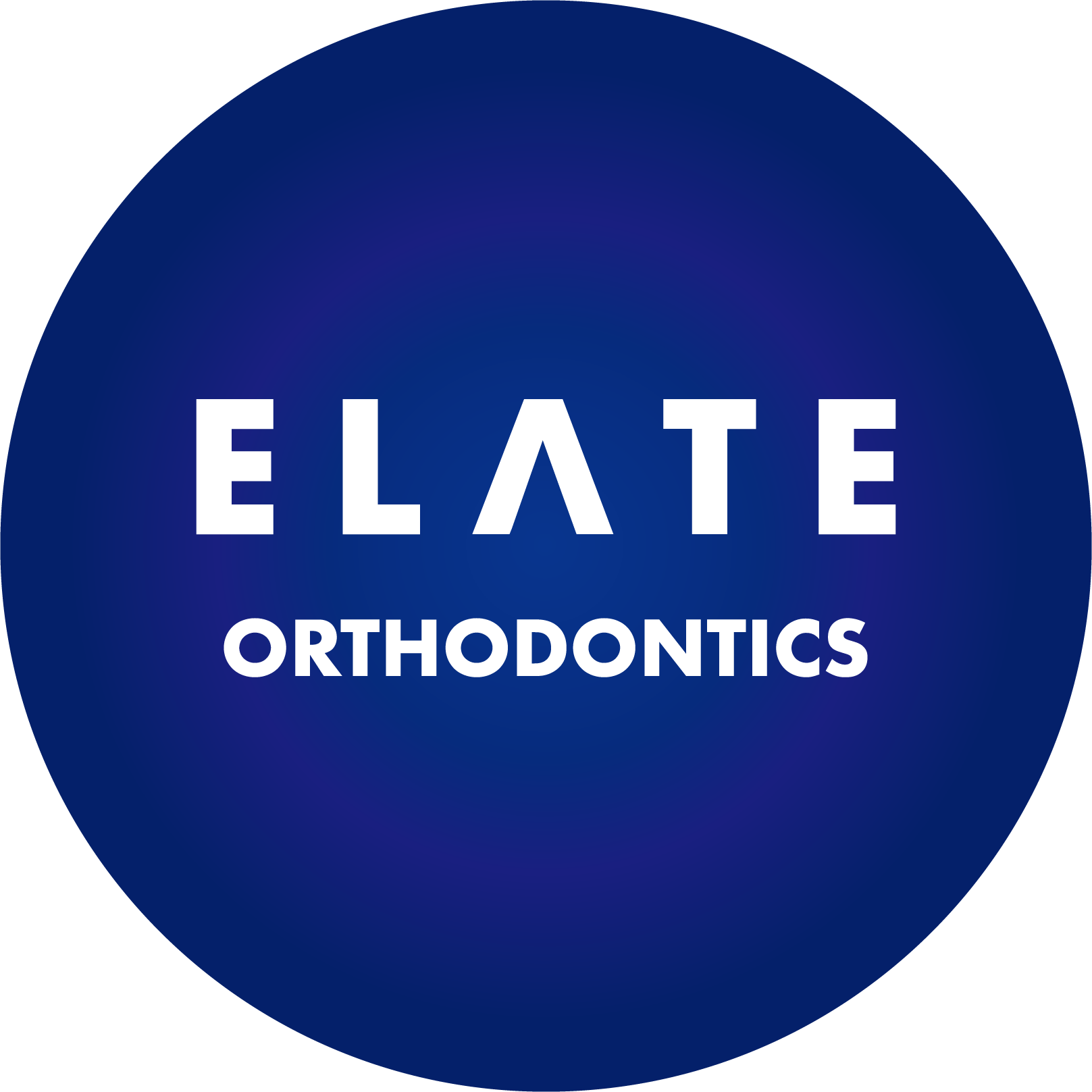
What is TMD? A Comprehensive Guide to Temporomandibular Disorders
If you’ve ever experienced jaw pain, clicking sounds when you open your mouth, or difficulty chewing, you might be dealing with a condition called TMD (Temporomandibular Disorders). TMD affects the temporomandibular joint (TMJ), which connects your jawbone to your skull. This guide will help you understand TMD, its causes, symptoms, and treatment options, including whether braces or Invisalign can help.
What is TMD in Dentistry?
TMD refers to disorders affecting the temporomandibular joint (TMJ) and the muscles around it. The TMJ acts as a hinge, allowing you to open and close your mouth, chew, speak, and move your jaw. When something goes wrong with the joint or surrounding muscles, it can result in TMD.
What is TMJ/TMD?
Many people use TMJ and TMD interchangeably, but there’s a difference:
- TMJ: Refers specifically to the temporomandibular joint itself.
- TMD: Refers to the disorders or dysfunction affecting the joint, muscles, and surrounding tissues.
Common Symptoms of TMD
TMD can present a variety of symptoms, including:
- Jaw pain or tenderness.
- Clicking, popping, or grating sounds when moving the jaw.
- Difficulty or discomfort when chewing.
- Locking of the jaw, making it hard to open or close your mouth.
- Headaches, earaches, or neck pain.
If you’re experiencing any of these symptoms, consult a dentist or orthodontist experienced in treating TMD.
What Causes TMD?
TMD can result from several factors, such as:
- Jaw Injury: Trauma to the jaw or TMJ.
- Teeth Grinding (Bruxism): Excessive grinding or clenching puts stress on the TMJ.
- Arthritis: Osteoarthritis or rheumatoid arthritis in the TMJ.
- Misaligned Bite: A poor bite (malocclusion) can strain the jaw joint.
- Stress: Tension in the jaw muscles due to stress or anxiety.
How Long Does TMD Last?
The duration of TMD varies depending on the severity and cause.
- Mild Cases: May resolve within a few weeks with self-care and stress management.
- Chronic Cases: Can last months or even years if untreated, especially if related to underlying issues like arthritis or bruxism.
How to Fix TMD
Treatment for TMD depends on the underlying cause and severity. Here are some common approaches:
Self-Care at Home
- Jaw Rest: Avoid hard or chewy foods, and limit wide jaw movements like yawning.
- Ice or Heat Therapy: Ice reduces inflammation, while heat relaxes tense muscles.
- Stress Management: Practice relaxation techniques to reduce jaw clenching.
Professional Treatments
- Physical Therapy: Exercises to strengthen and relax the jaw muscles.
- Orthodontic Treatments: Braces or Invisalign can correct a misaligned bite contributing to TMD.
- Nightguards: Custom-made dental appliances prevent teeth grinding and relieve pressure on the TMJ.
- Medications: Anti-inflammatories, muscle relaxants, or even Botox injections in severe cases.
- Surgery: Reserved for extreme cases, surgery can repair or replace damaged TMJ structures.
Can Invisalign or Braces Fix TMD?
Yes, orthodontic treatments like Invisalign or braces can help alleviate TMD symptoms by correcting bite alignment. A misaligned bite can cause uneven pressure on the TMJ, leading to discomfort. Aligning the teeth and jaw can reduce strain and improve function.
Why Consider Orthodontic Treatment for TMD?
- Braces: Ideal for correcting severe bite misalignments (e.g., overbite, underbite, or crossbite).
- Invisalign: A more discreet option that can address mild to moderate bite issues.
At Elate Orthodontics, we offer customized orthodontic solutions to improve your bite and reduce TMD-related discomfort.
Related Reading:
Braces vs. Invisalign for Teens: Choosing the Best Option in Frisco, TX
Invisalign vs. Braces: Cost Comparison
When to See a Specialist for TMD
If you’re experiencing severe jaw pain, persistent symptoms, or difficulty opening and closing your mouth, consult a specialist. Elate Orthodontics can assess your condition and recommend the most effective treatment for your TMD.
Why Choose Elate Orthodontics for TMD Treatment?
At Elate Orthodontics, we combine expertise in orthodontics and jaw alignment to offer comprehensive care for TMD. Here’s why patients trust us:
- Personalized Treatment Plans: We tailor solutions to your specific needs, whether it’s braces, Invisalign, or other interventions.
- Advanced Technology: Our state-of-the-art tools ensure precise diagnosis and treatment.
- Convenient Locations: With offices in Frisco, The Colony, and Prosper, we make it easy to access expert care.
Helpful Resources
- Affordable Orthodontics in Texas
- Can You Get Your Teeth Cleaned with Braces? A Complete Guide
- Find the Best Orthodontist for Braces in Frisco, TX
Relief for TMD is Just an Appointment Away
TMD can be uncomfortable and even debilitating, but the right treatment can provide relief. At Elate Orthodontics, we specialize in diagnosing and treating TMD with customized care plans. Schedule an appointment today to take the first step toward a pain-free, healthy smile.
Helpful Links
Let us help you find relief from TMD and get back to living comfortably!
